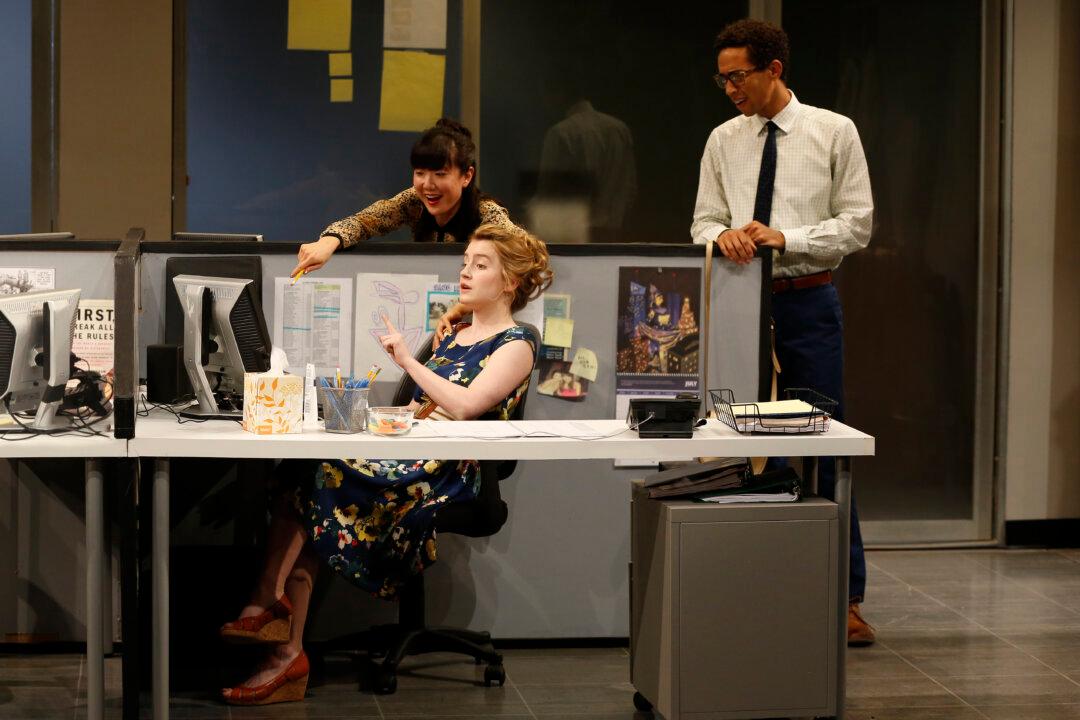Pack evil together tightly, twist to foment anger, and release. When the bowels of the earth spew out enough villains, people will come—DC Entertainment is hoping.
“All this ‘good versus evil’ is kind of played out right now. It’s time for bad versus evil, right? Time for a movie about bad guys,” said director David Ayer at the San Diego Comic-Con about his movie “Suicide Squad,” scheduled for release in August 2016.
“Suicide Squad” is based loosely on the story of “The Dirty Dozen,” a film in which convicted, sometimes deranged, criminals undertake a suicide mission during World War II. The 1967 film received some praise by contemporary critics but for the most part was considered appalling. Bosley Crowther for The New York Times wrote that it was peopled by a sadistic bunch of animals, and with heavy sarcasm, young Roger Ebert wondered how the film could have possibly passed censorship codes which forbid the depiction of certain kinds of cruelty.





